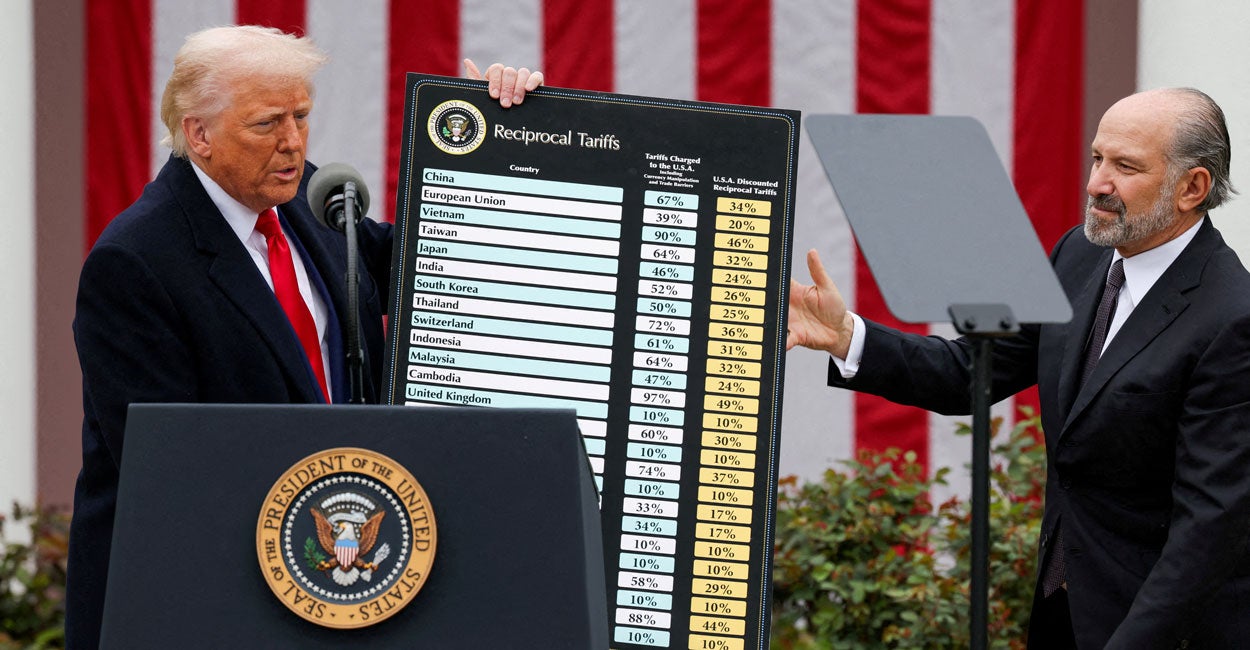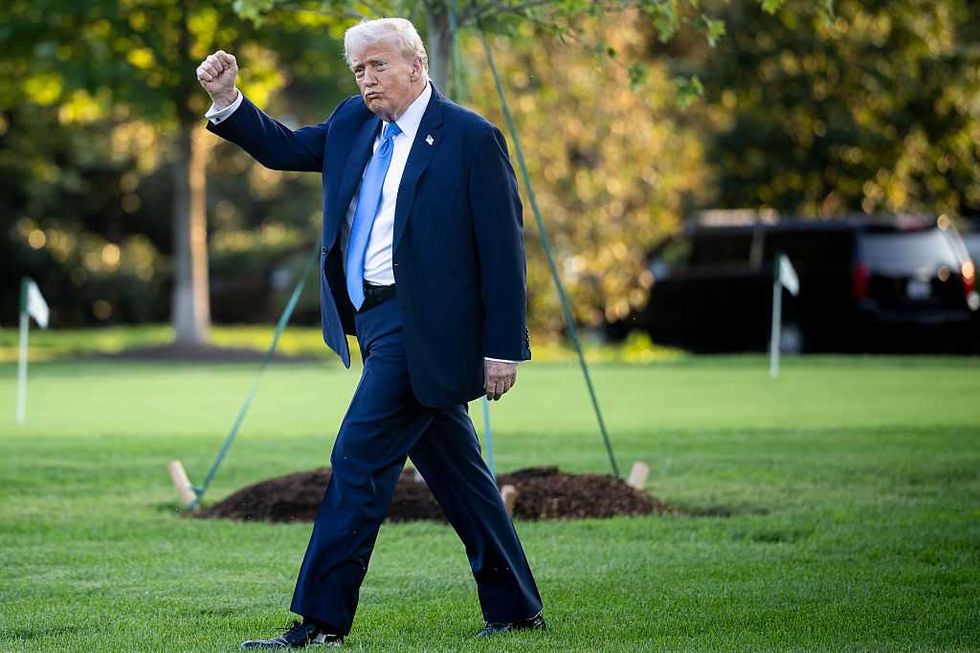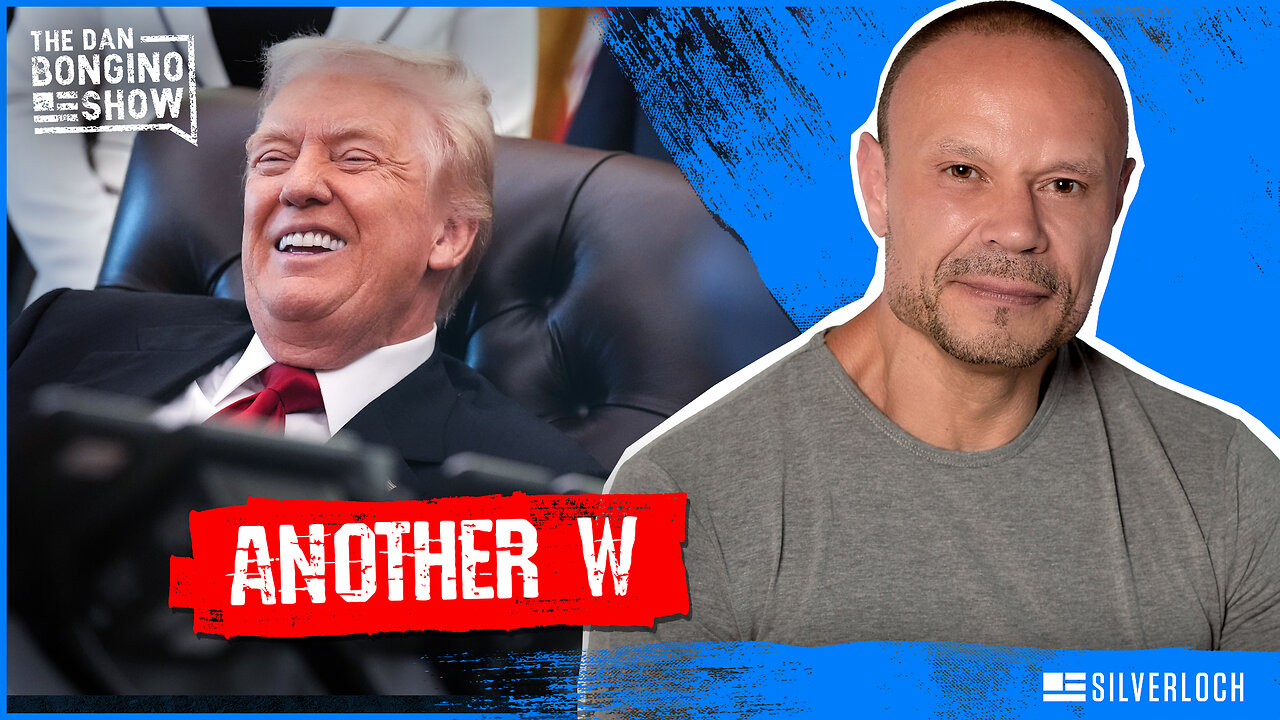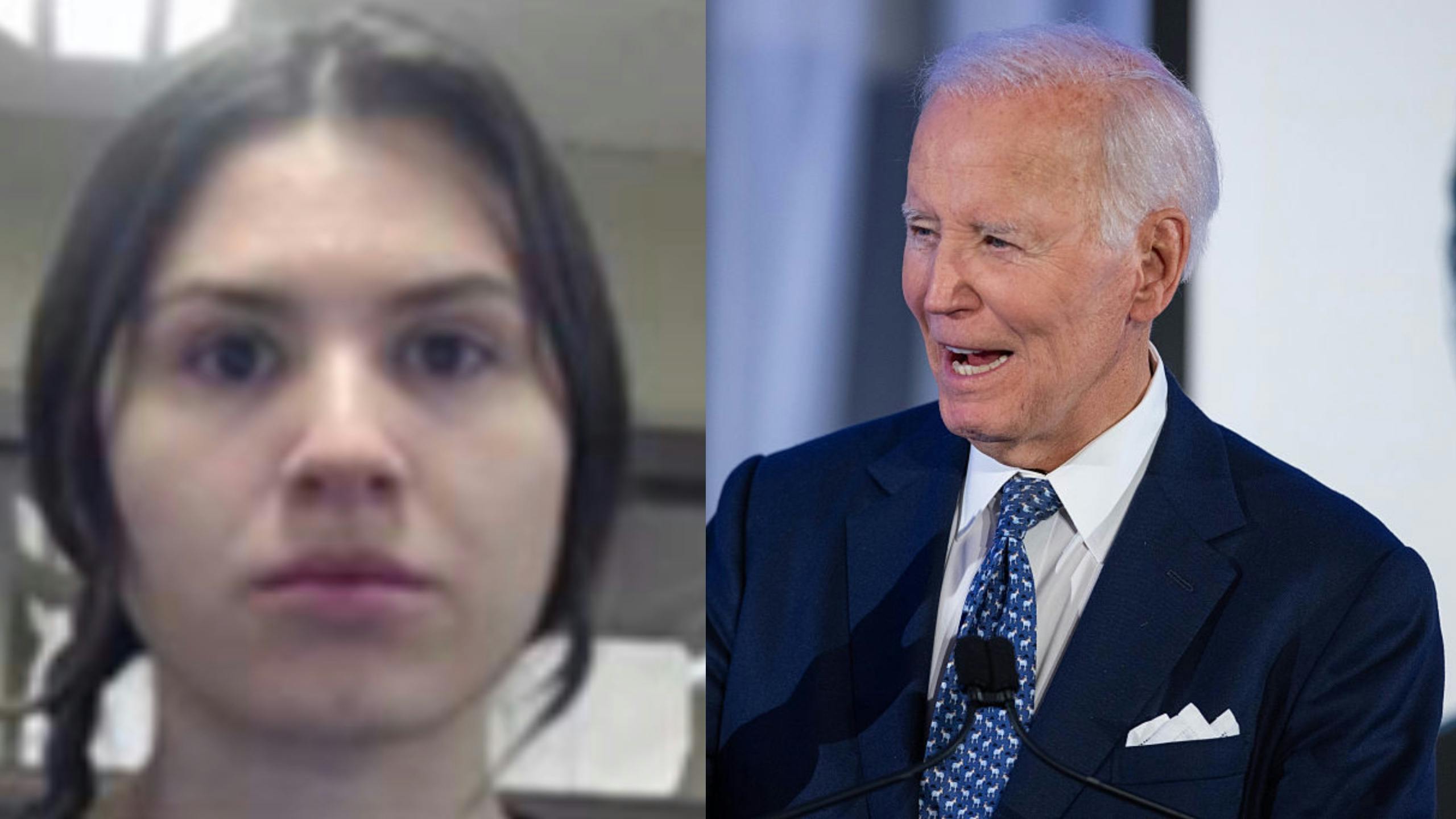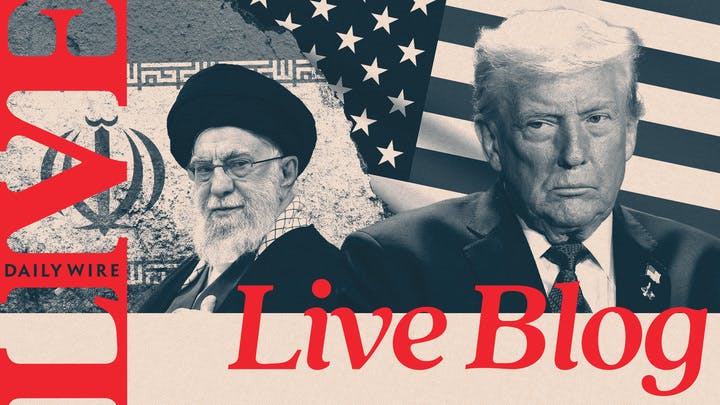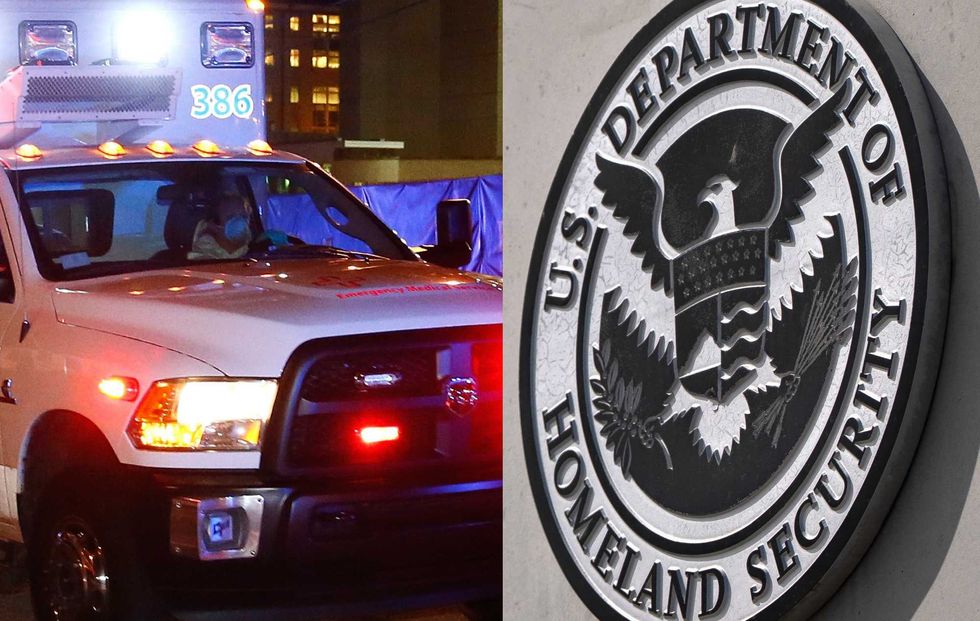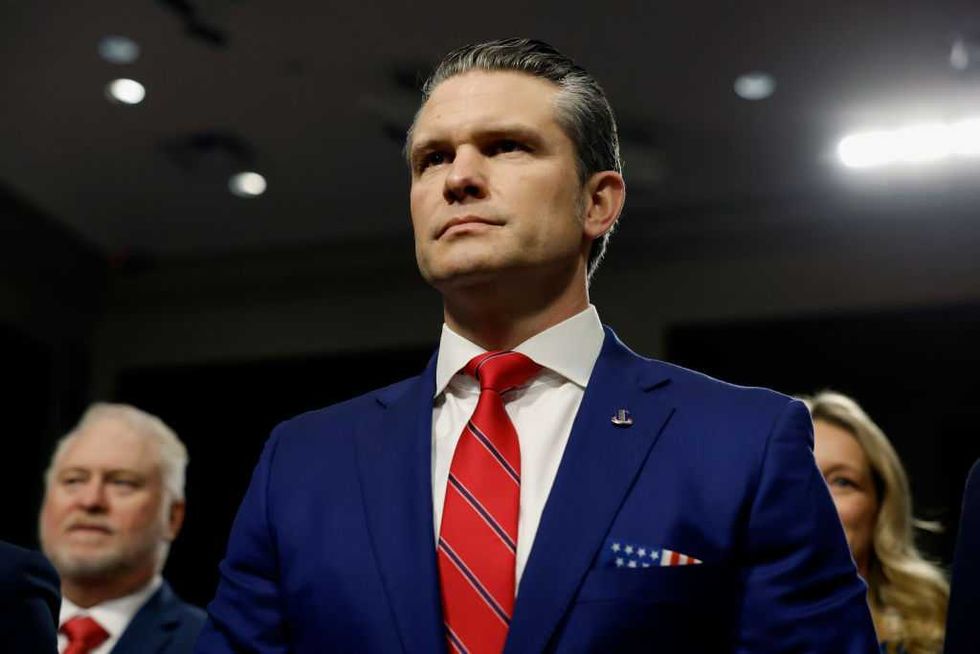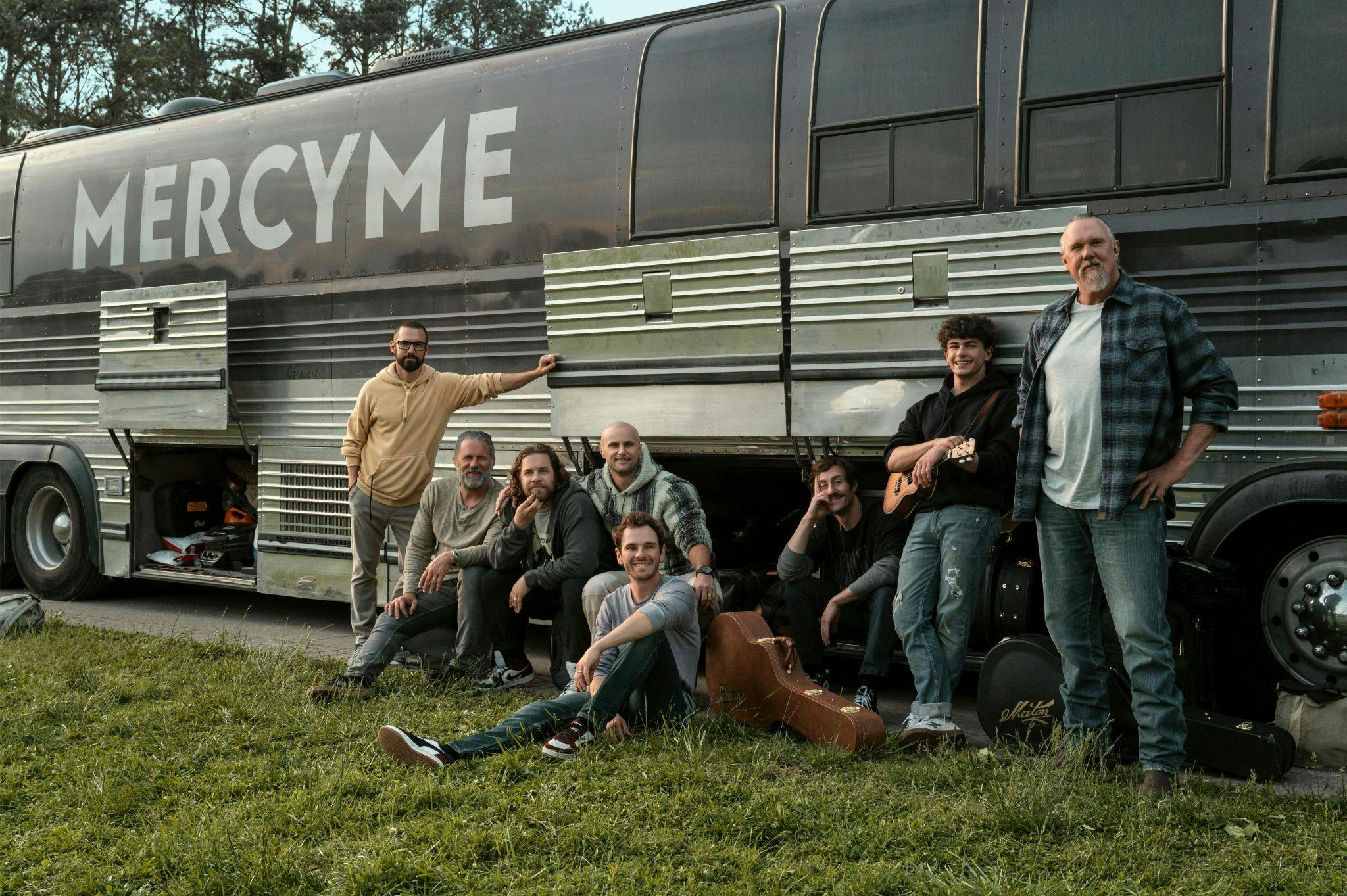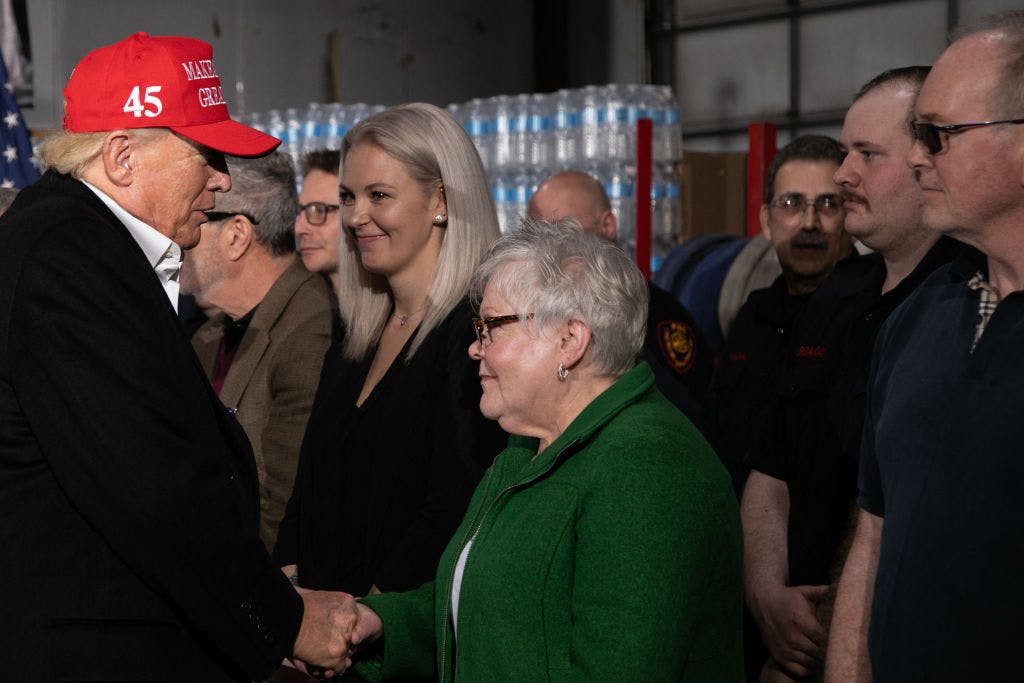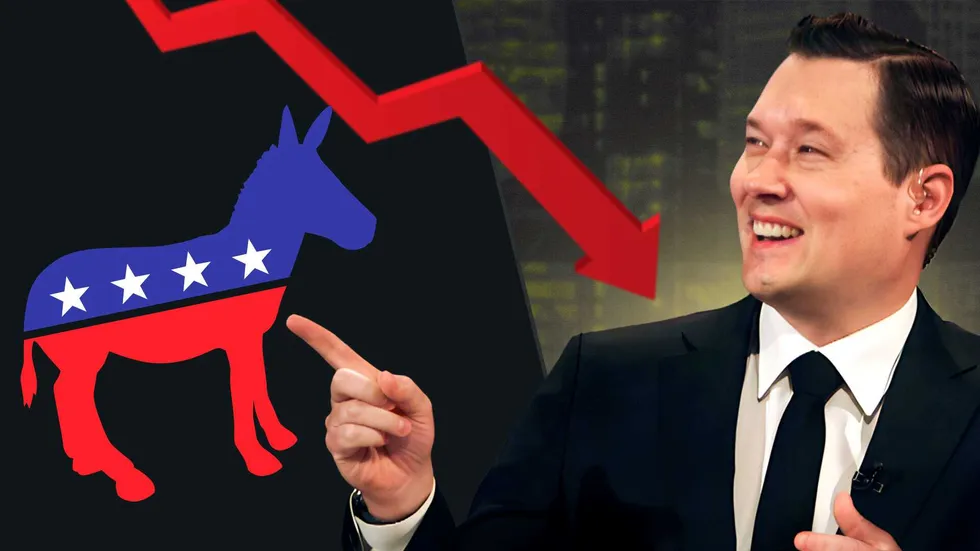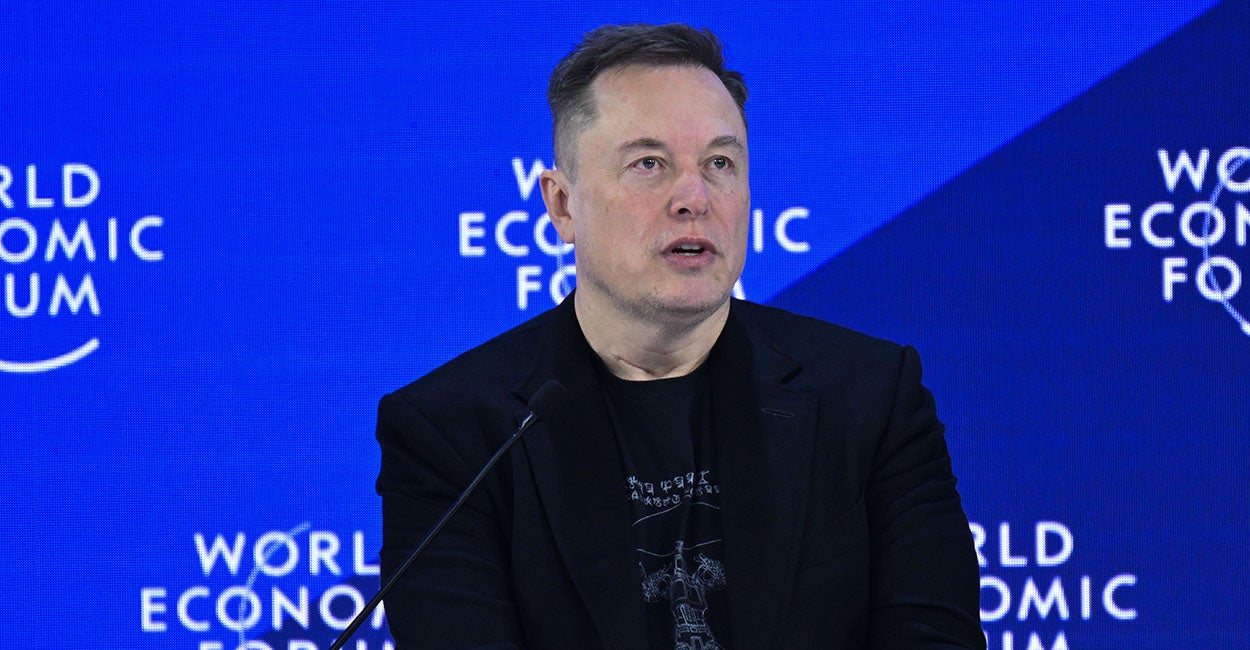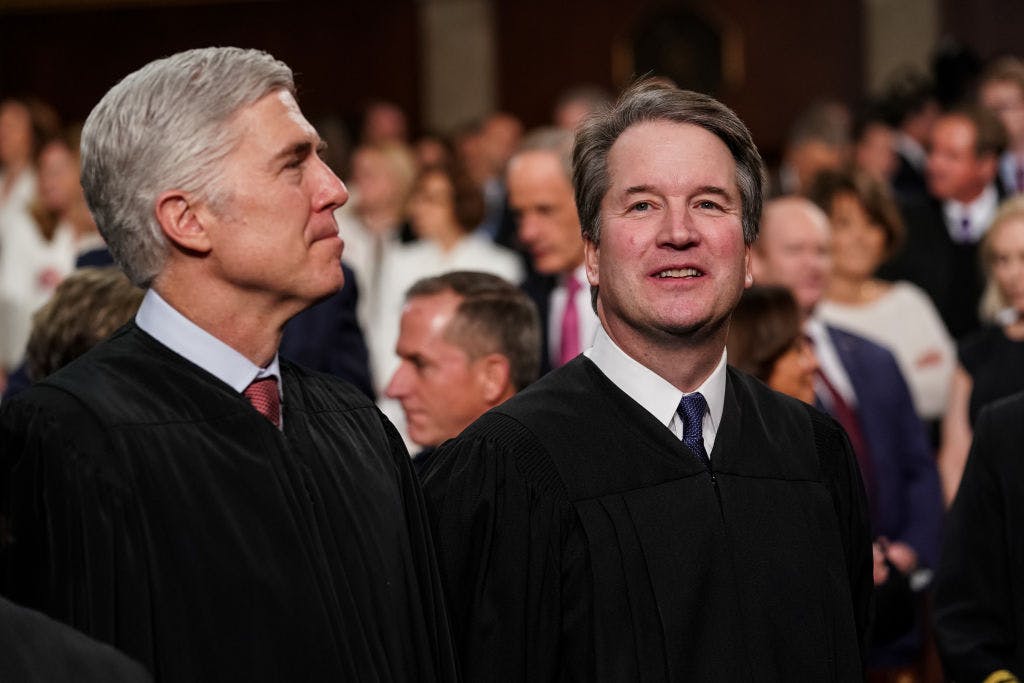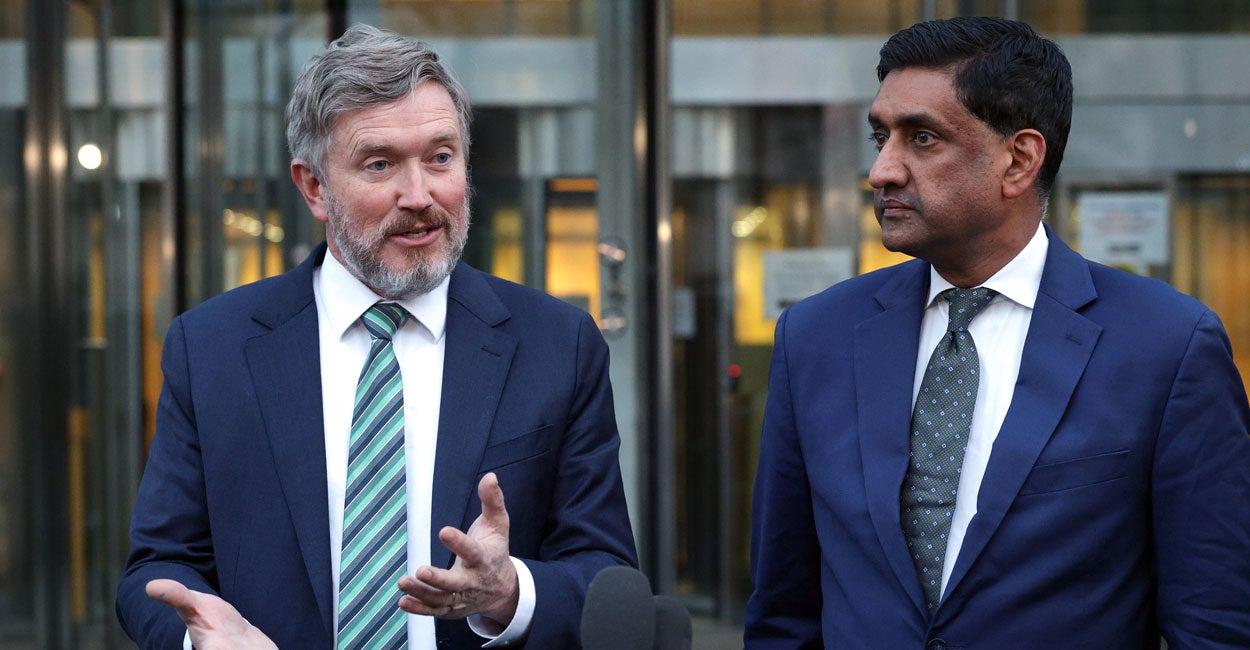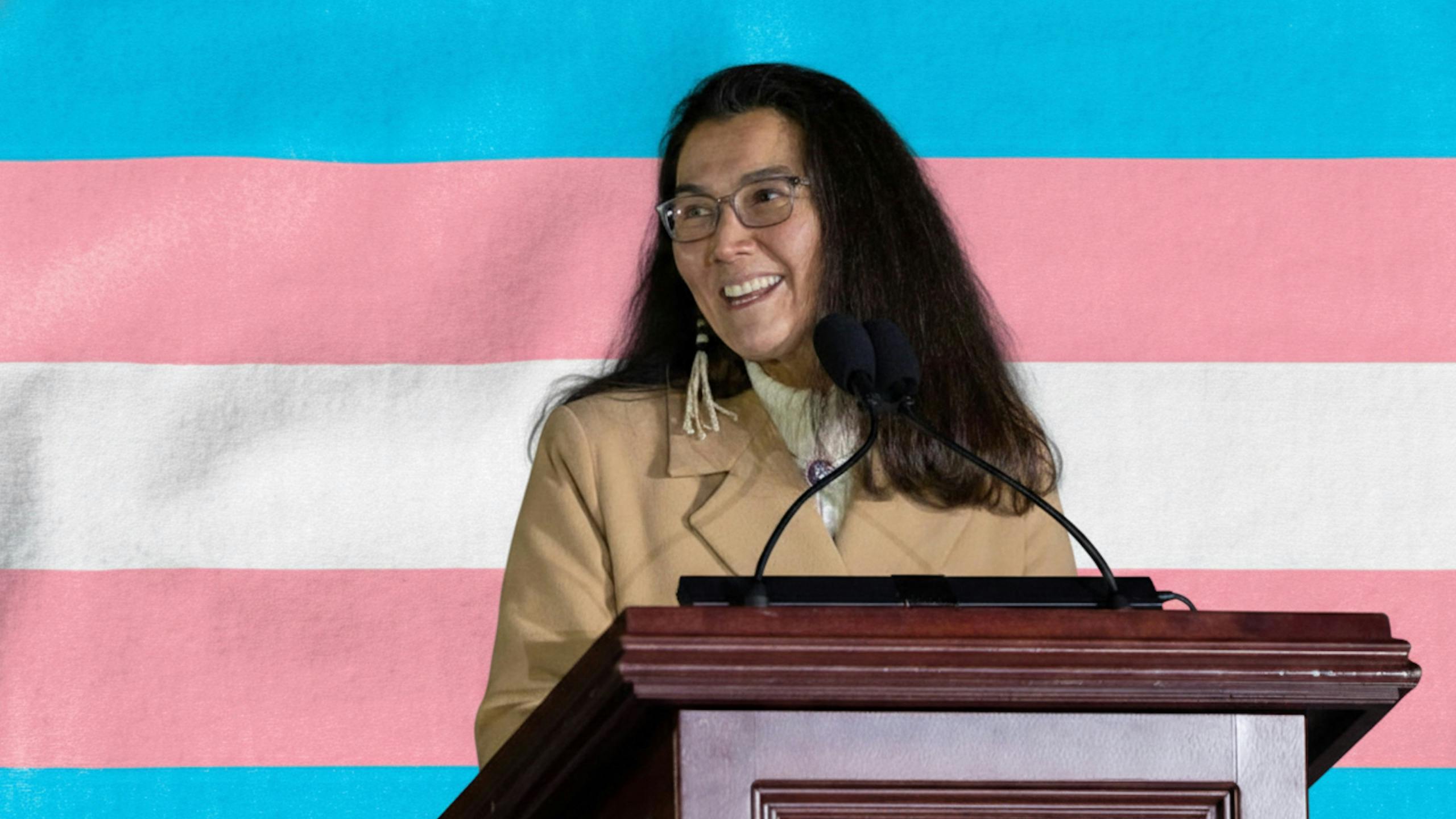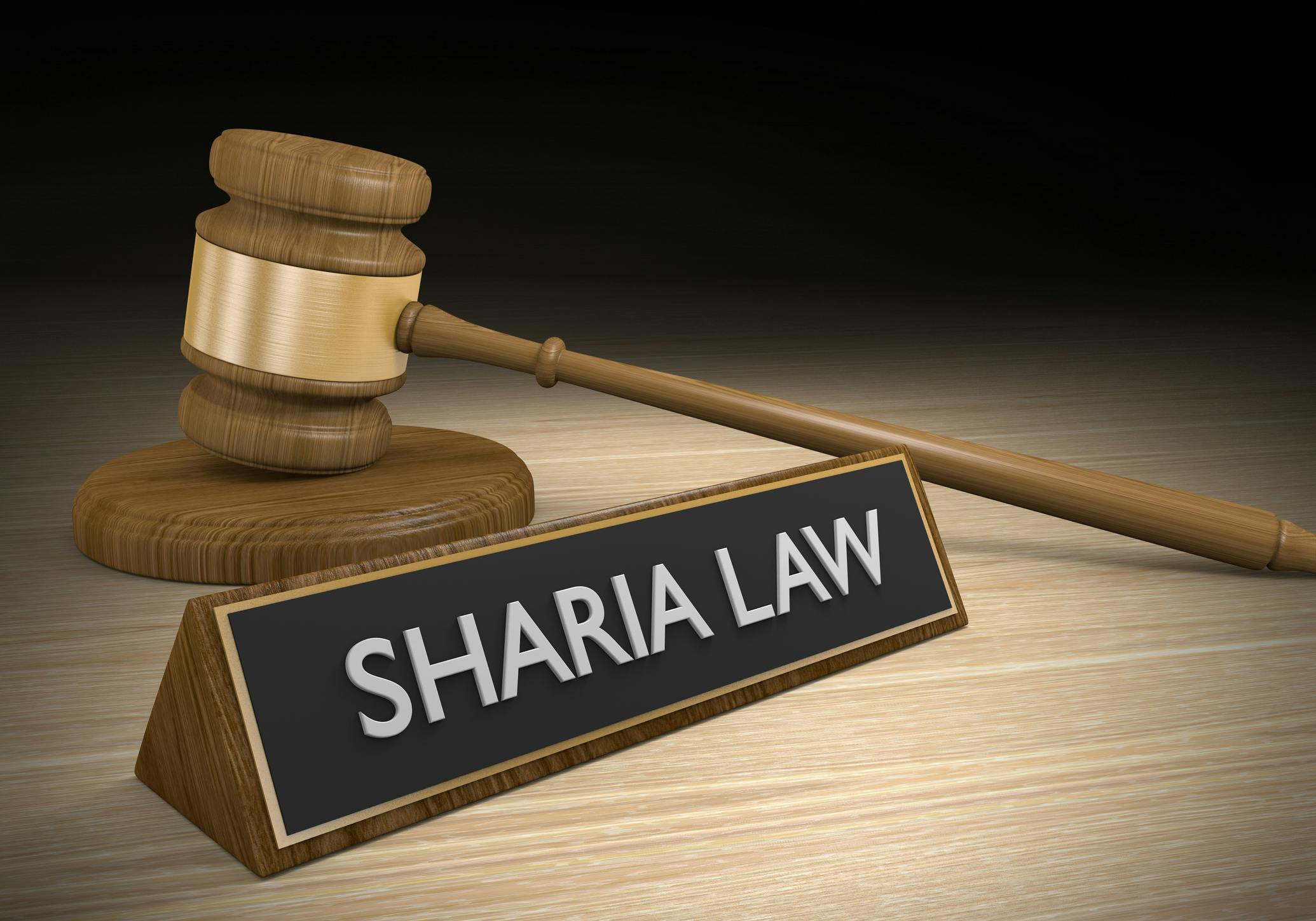Strange Bedfellows: The Forming Ranks in Our New ‘Wars of Religion’
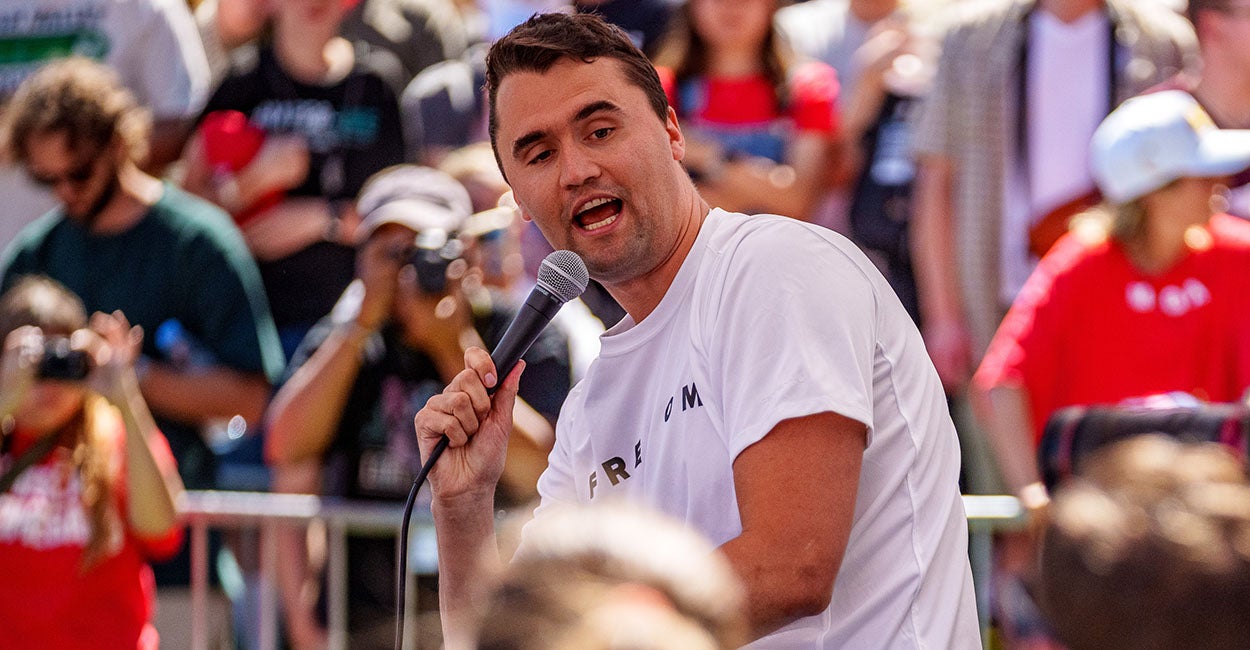
Human nature does not change, history is not over, and while we take peace for granted, ours is an increasingly violent age.
Live Your Best Retirement
Fun • Funds • Fitness • Freedom
The assassination of Charlie Kirk revealed the forming ranks in what looks to be an emerging war of religion. While many Americans and Westerners are considering Christianity for the first time or deepening their appreciation for historic, traditional faiths, others celebrated Kirk’s assassination and engaged in violence against churches.
The divisions between the Left and the Right are creating strange bedfellows, where Protestants like me see conservative Catholics as more natural allies than many of my fellow Protestants.
As a member of the Anglican Church in North America, I am part of the Anglican Communion, which recently installed a new archbishop of Canterbury. Dame Sarah Mullally is the first female archbishop of Canterbury, and she has endorsed blessings for same-sex couples in a step towards reversing the traditional definition of marriage as between one man and one woman.
I think the church should extend a gospel welcome to all people, but it cannot reject the clear teaching of scripture. As it happens, my position on marriage aligns much more closely with the Catechism of the Catholic Church than it does with the nominal head of my own denomination. It also aligns with conservatives in other faith traditions outside of Christianity.
Mullally represents just one symptom of the larger problem—the leftward lurch in religion and culture isn’t unique to Anglicanism.
The line between leftist and conservative on abortion, immigration, and transgender ideology runs through nearly every religious institution.
As a result, I see conservatives among Catholicism, Judaism, some strains of Islam, and members of the Church of Jesus Christ of Latter-day Saints as more natural allies than many of my fellow Anglicans.
Why do I see things this way? I compare our current moment to the “wars of religion” after the Protestant Reformation and before the 1648 Peace of Westphalia. In saying so, I don’t mean to predict that we will have religious wars in the near future—rather that our current cultural convulsions echo that historical period.
In that time, the printing press spurred a massive growth in literacy and led many European Christians to question the existing order. Similarly, in our time, the internet has altered the way we see the world, making information even easier to obtain and eroding our trust in institutions. Populists like me would say those institutions squandered their authority by embracing Marxist positions that damage our good cultural heritage.
The wars of religion ultimately ended in an uneasy truce between Protestants and Catholics, leaving lasting divisions that persist to this day, though Western societies like the United States have brought some peace by recognizing religious freedom and pluralism.
Even a pluralist society needs a cultural bedrock, and one side of our modern debate is seeking to uproot our good foundation.
The secular “Progressive” elites push as consensus a worldview I describe as “woke.” The driving heart of this worldview is a new form of Marxism that calls for the destruction of capitalism and America’s heritage in the name of justice for black people, for transgender people, and for other supposed “victims.” This worldview demonizes America’s heritage as oppressive and corrupt, and seeks to redefine basic reality on issues such as what makes a person male or female.
On the opposite side, conservatives champion America’s heritage as imperfect but fundamentally a blessing. We reject the notion that our civilization needs an overhaul, and seek rather to defend what is good against the forces out to destroy it. Unfortunately, those forces have marched through our institutions, and that requires opposition to them to adopt a populist tone.
Charlie Kirk became a standard bearer for this populist rejection of the woke consensus, and he has galvanized a return to America’s good heritage among young people. But let us make no mistake: The woke elites haven’t gone away, and Kirk’s assassination and the violence following it represent a backlash to this populist revolt.
While most Democrats condemn political violence, there are troubling signs that they may not always oppose it.
Jay Jones, the Democrat candidate for attorney general in Virginia, fantasized about shooting a Republican and suggested he would like to see a Republican politician’s young children die if that would change his political positions.
When the scandal broke, Jones said he regretted the text messages and later added that he had called the Republican to apologize. Abigail Spanberger, the Democrat running for governor, condemned Jones’ texts but stopped short of calling for him to drop out of the race. Republicans have called the remarks disqualifying, but Democrats seem unwilling to state whether they agree.
This reminds me of how the Southern Poverty Law Center will put conservatives on a “hate map” with the Ku Klux Klan. When deranged people use that map to find targets for terrorism, the SPLC condemns the terrorism, but keeps the conservatives on the map, anyway.
The radicals on the Left aren’t just angry—they’re fighting for a worldview and that worldview puts itself in opposition to the good heritage I wish to defend.
Americans from across the political and religious spectrum must unite to oppose the anti-American woke ideology, and that is the fundamental reason why I see natural allies across key religious dividing lines.
The post Strange Bedfellows: The Forming Ranks in Our New ‘Wars of Religion’ appeared first on The Daily Signal.
Originally Published at Daily Wire, Daily Signal, or The Blaze
What's Your Reaction?
 Like
0
Like
0
 Dislike
0
Dislike
0
 Love
0
Love
0
 Funny
0
Funny
0
 Angry
0
Angry
0
 Sad
0
Sad
0
 Wow
0
Wow
0


